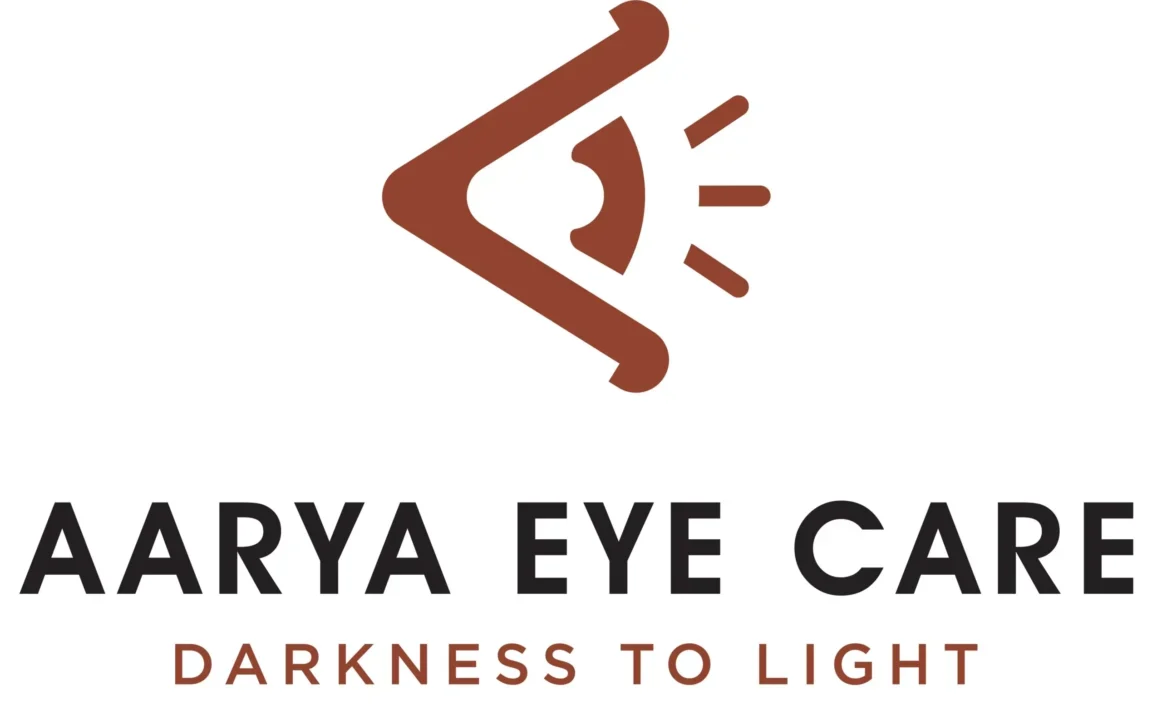How to Reduce Risks of Cataract?
Cataract are a common age-related eye condition that clouds the natural lens of the eye, causing blurred vision and visual disturbances. While aging is the leading cause, understanding and mitigating the risks of cataract is essential for preserving your eyesight as you age. Cataract can gradually reduce your ability to read, drive, and recognize faces—but the good news is that many risk factors are modifiable with lifestyle changes.
Preventing cataract is not just about eye care; it is about taking care of your overall health. From controlling chronic conditions to adopting protective habits, there are several practical ways to reduce the risks of cataract effectively. This blog outlines proactive strategies to help you delay or avoid the onset of cataract and maintain clearer vision for longer.
Protect Your Eyes from UV Radiation
One of the most overlooked yet significant risks of cataract is prolonged exposure to ultraviolet (UV) radiation. Studies suggest that UV rays accelerate oxidative damage to the lens, contributing to cataract development.
- To protect your eyes:
- Wear sunglasses that block 100% of UVA and UVB rays.
- Choose wrap-around styles or large frames for added protection.
- Wear a wide-brimmed hat when outdoors during peak sunlight hours.
- Avoid direct sun exposure, especially midday.
Incorporating these everyday sun-safety habits can help protect your eyes against UV-induced changes and preserve your vision.
Read: Understanding Cataract: Learn About the Symptoms, Causes, and Available Treatments
Quit Smoking
Smoking produces harmful toxins, which causes oxidative stress and increases the risk of cataract. Smokers are significantly more likely to develop cataract than non-smokers due to free radical damage caused by cigarette chemicals.
Quitting smoking benefits your eyes and overall health. Support tools include:
- Nicotine patches or gums
- Behavioural counselling
- Mobile apps and helplines
- Support groups
Even if you have smoked for years, quitting now can help slow cataract progression and improve eye health.
Control Diabetes and Blood Sugar Levels
People with diabetes are particularly vulnerable to cataract. High blood sugar causes the lens to swell and alters its structure, increasing the reduced risks of cataract challenge for diabetics.
Managing your blood sugar involves:
- Maintaining a balanced diet with low glycemic foods
- Regular physical activity
- Monitoring blood sugar levels consistently
- Visiting your endocrinologist for routine check-ups
By keeping glucose levels in check, you reduce oxidative stress and inflammation, protecting your eyes from damage.
Eat a Nutrient-Rich Diet
Nutritional components play a vital role in maintaining lens clarity. Antioxidants help fight free radicals, which are linked to lens clouding.
Essential nutrients for eye health include:
- Vitamin C: Citrus fruits, strawberries, bell peppers
- Vitamin E: Almonds, sunflower seeds, spinach
- Lutein & Zeaxanthin: Kale, corn, eggs
- Omega-3 fatty acids: Salmon, chia seeds, walnuts
Also, drink plenty of water and minimize processed foods to maintain hydration and reduce the risk of inflammation. These dietary habits contribute significantly to reducing risks of cataract through natural defenses.
Read: Top 10 Foods to Keep Your Eyes Healthy
Limit Alcohol Consumption
Excessive alcohol consumption can lead to oxidative stress, which compromises the health of your eye lens. While moderate intake may not directly harm the eyes, chronic heavy drinking has been associated with a higher incidence of cataract.
A conscious reduction in alcohol helps maintain long-term clarity and helps reduce risks of cataract naturally.
Prevent Eye Injuries
Trauma to the eye can result in cataract formation, often rapidly. Eye injuries are especially common in sports, construction, and industrial environments.
To protect your eyes
- Wear protective goggles during sports and physical work
- Use safety glasses with side shields in risky environments
- Keep sharp tools and chemicals out of reach from children
Prevention of physical trauma is a simple but effective way to delay cataract development.
Reduce Screen Time and Eye Strain
While screen time doesn’t directly cause cataract, prolonged digital exposure may strain your eyes and it contributes to overall fatigue and discomfort, which affects eye health indirectly.
To reduce the eye strain from digital exposure use these practices:
Follow the 20-20-20 rule: every 20 minutes, look 20 feet away for 20 seconds
- Adjust screen brightness and contrast
- Use blue light filters or special lenses
- Maintain a proper distance from the screen
Healthy screen habits can reduce digital eye strain and support long-term eye well-being.
Schedule Regular Eye Exams
Early detection remains one of the best ways to manage the risks of cataract. Regular eye examinations can identify early signs of lens changes even before symptoms appear.
Eye check-up recommendations:
- Adults 40–60: every 2–3 years
- Seniors 60+: annually
- More frequent exams for diabetics or those with family history
Early detection means timely interventions, and if needed, timely treatment is very important. Choosing us for the best cataract surgery in Thrissur by experienced professionals always ensures optimal outcomes.
Read: Essential Habits for Healthy Eyes
Advanced Care with Aarya Eye Care
You can trust Aarya Eye Care as the NABH-certified hospital that combines highly advanced technology with personalized patient care for cataract treatment in Thrissur. The latest diagnostic tools and surgical equipment serve the specialists at our eye clinic for precise and comfortable treatment of patients.
Our clinic provides the best cataract treatment in Thrissur and offers service with a compassionate touch for entire procedures including preventive consultations.
Conclusion
Cataract rise as a natural age-related condition yet regular health habits alongside routine examinations help postpone their development. Each choice, beginning with sun safety measures and proper nutrition and medical care of chronic illnesses and alcohol restriction, directly contributes to decreasing risks of cataract.
At Aarya Eye Care, we strive to support endless vision health for patients struggling with eye diseases. We provide the best cataract treatment in Thrissur, with our exceptional expertise, advanced facilities, and focused care system.
Book an appointment today to start your journey toward better vision quality and increased eye well-being.








